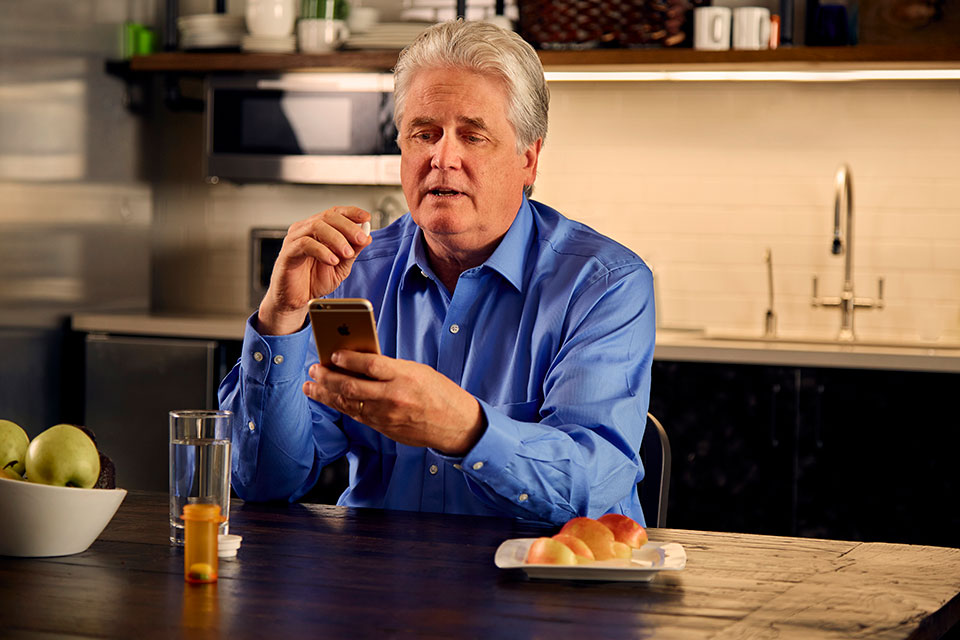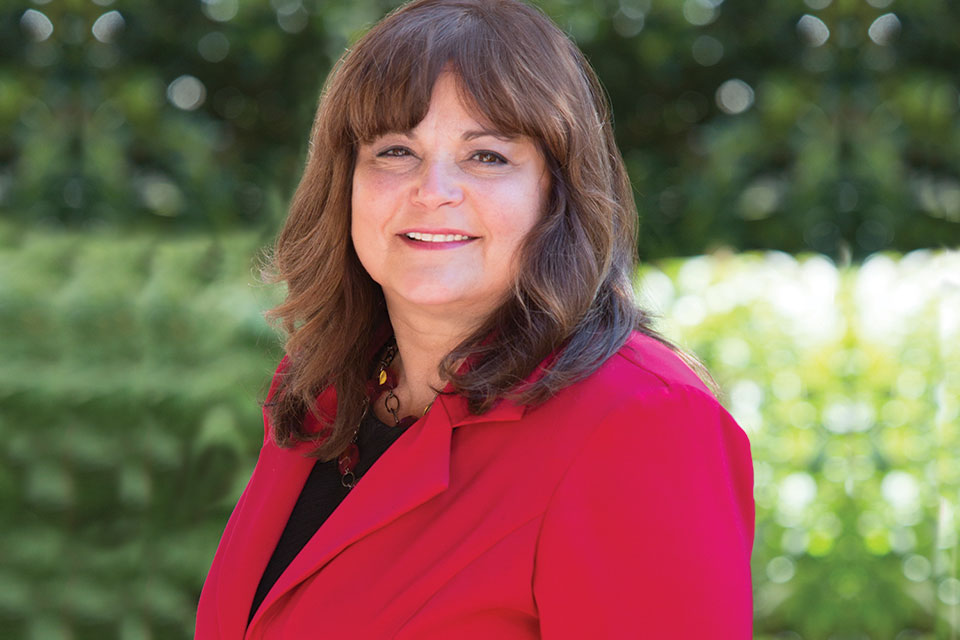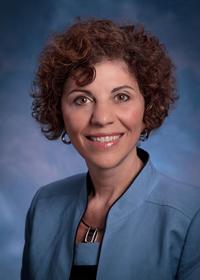SOP’s Agness and Colleagues Named Maryland Health Literacy Heroes
Award recognizes innovative web-based tool developed by Dr. Chanel Agness and her colleagues for its efforts to improve medication safety among older adults across the state of Maryland.
By Malissa Carroll
January 16, 2015
Chanel Agness, PharmD, BCPS, CGP, FASCP, assistant professor in the Department of Pharmacy Practice and Science (PPS) at the University of Maryland School of Pharmacy, and her colleagues from several schools of pharmacy across the state of Maryland and the Delmarva Foundation have been named Health Literacy Heroes by the Health Literacy Maryland coalition for their efforts to develop and implement an innovative training program – titled, “The Med-Check Toolkit: Smart Medicine Management for Older Adults” – to address the unique medication management and safety needs of older adults with low health literacy and the individuals who regularly assist them.
“Older adults often take many prescription drugs without fully understanding when and how to take those medications, placing them at a higher risk of experiencing serious adverse events,” says Magaly Rodriguez de Bittner, PharmD, BCPS, CDE, FAPhA, professor and chair of PPS. “While there were tools that allowed pharmacists and other health care professionals to track and reconcile patients’ medications, there was no way to easily share this information with patients. The Med-Check Toolkit developed by Dr. Agness and her colleagues bridges the communication gap between patients and providers, and is truly deserving of this prestigious recognition.”
Designed by faculty, staff, and students from the University of Maryland School of Pharmacy, the University of Maryland Eastern Shore School of Pharmacy, and the Notre Dame of Maryland University School of Pharmacy, with funding from the Delmarva Foundation, the web-based toolkit was produced by the School’s Center for Innovative Pharmacy Solutions (CIPS) — for which Agness serves as a faculty fellow. It combines videos, narrated slides, and voice-over narration with paper-based tools to help community health workers and other caregivers understand their role in safe medication use.
“Low health literacy is a significant contributor to medication-related problems among older adults,” says Agness, who led the CIPS team, in collaboration with Leah Sera, PharmD, BCPS, assistant professor in PPS; Regina Atim, PharmD, consultant pharmacist in PPS; and Peter Barakat, a fourth-year student pharmacist at the School of Pharmacy.
The toolkit includes three components that highlight medication-related problems specific to older adults and offer a number of community-based solutions. The first component explains the importance of medication management and safety, while the second component leads community health workers and other caregivers through two interactive trainings — the Smart Medicine Safety Checklist and the Med-Check Passport — developed by Agness and her team to help identify older adults who are at risk for medication errors and document individuals’ medications to capture any changes, respectively. The third component assists health care professionals who provide face-to-face training for community health workers.
“The Med-Check Toolkit facilitates universal communication between patients and health care professionals by offering trainings that are designed to increase patients’ confidence with managing their medications as well as increase community health workers’ confidence with inquiring about medication-related problems,” adds Agness. “Its goal is to help community health workers and the seniors, families, and communities that they serve to make smart medicine choices.”
In addition to being named a Health Literacy Hero, for which she will be presented an award at the Health Literacy Maryland coalition’s annual meeting in Spring 2015, Agness was also presented with a citation from Baltimore County Delegate Shirley Nathan Pulliam in recognition of her work developing the Med-Check Toolkit.
The toolkit’s Med-Check Passport is currently available on the Delmarva Foundation’s website for patient advocates and caregivers, as well as the School’s CIPS Knowledge Enterprise as a continuing education course for community health workers.



